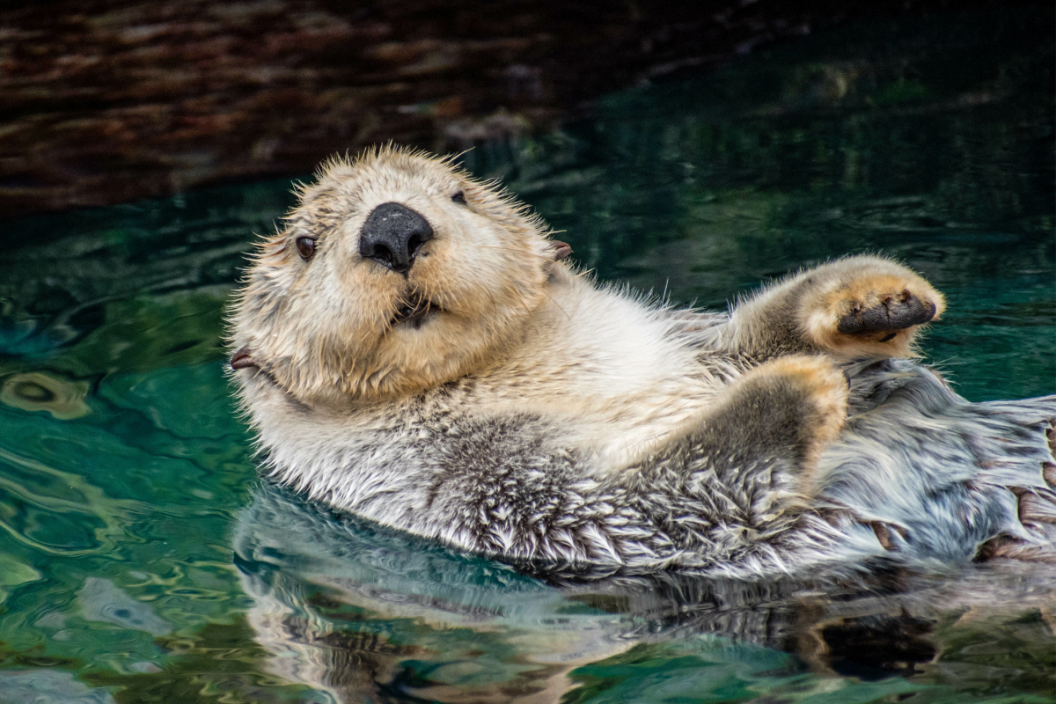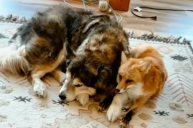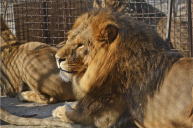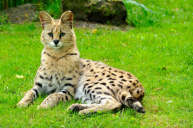Some people love caring for exotic animals, but could you imagine keeping otters as pets?
Baby otters are arguably the most adorable creatures on the planet! From the Asian small-clawed otter to the North American river otter, there are 13 species of otter found around the world, with several others unfortunately now extinct. These semi-aquatic creatures hold hands and cuddle, making potential pet otters all the craze among aspiring pet owners. People will pay thousands of dollars for this exotic pet and some online trade encourages pet ownership.
However, owning an otter as a pet is neither a simple nor smart idea for a multitude of reasons.
Is It Legal to Have a Pet Otter?
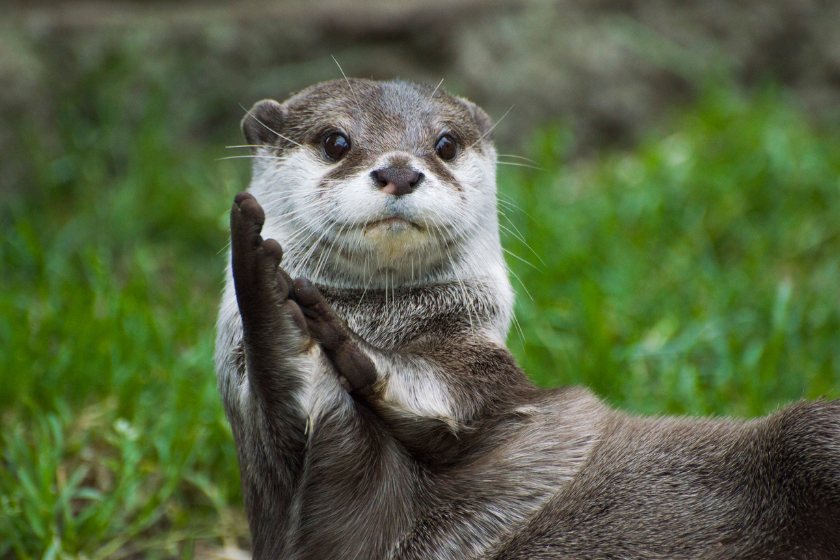
For hundreds of years, fishermen in Bangladesh have domesticated and trained otters to help catch fish, which actually aids in conserving locally-found species of the area. To protect the animals, many Asian countries have enacted laws banning the poaching, sale, possession and transport of these adorable critters in all other instances.
While they're widely illegal in the U.S., you may be able to own and care for an otter in some states with the proper permitting. Specifically, Missouri, North Carolina, Florida, Nebraska and a handful of other states appear to allow the private-ownership of otters. Before taking an otter into your home, you will need to contact both state and local governments to confirm ownership laws and understand the specifics to your area.
In almost all cases, Asian small-clawed otters appear to be the most common species to be domesticated — They are the smallest of the 13 otter species, so upkeep is slightly easier.
Care & Habitat Requirements
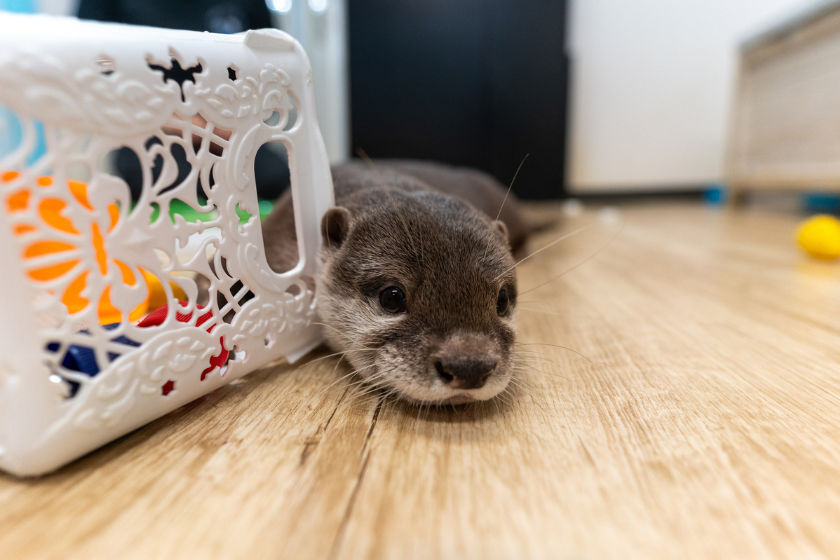
Mainly eating a diet of wild caught fish, crayfish, crabs, mollusks, frogs, and small reptiles, among others, these carnivores need a balanced diet and eat several times throughout each day. Otters at the Smithsonian's National Zoo also eat cat food in addition to a well-balanced diet, as otters are prone to developing kidney stones; the extra nutrients in cat food limit stone development in their stomachs.
Perhaps overlooked, though quickly understood, is the major downside of at-home pet otter ownership: they stink. Aside from the obvious scat left behind, otters use a process called scent marking to case their territories in the wild; using scent glands all over their body, otters rub an incredibly potent smell around to claim their spaces.
Otters require a lot of space and environmental enrichment. The recommended space for two otters is the size of a small apartment, and you should consider at least two, as these are extremely social animals. You'll also want to mimic their natural ecosystem, so it's recommended that they live outdoors or are able to roam in natural environments often.
It's important to remember that otters are wild animals! While they appear cute and cuddly, it's very difficult to keep them safe and secure. These domesticated weasels aren't in family groups like they are in the wild, and often-used cages do not mimick their natural habitats. Otters do have sharp teeth and claws, so if you're keeping otters, you should be aware these wild animals can become aggressive if stressed. Otters need protected from illegal wildlife trade, but keeping them cooped up in close-quarters isn't healthy in the long run.
Buying a Pet Otter
One of the biggest obstacles surrounding otter ownership is where to (legally) find one. If you were to contact an exotic pet curator, you may run into questions of credibility, as pet otters are not readily available nor bred for domestication. You run the risk of dealing with improper poaching and at-risk animals when finding otters through unsavory channels. Not everyone has a captive otter's well-being in mind, even if you do.
This video is very important to see if you plan to live with a pet otter.
One additional fact about these beautiful sentient creatures that everyone should remember is habitat destruction, hunting, and pollution continue to threaten their conservation. This endangered species is showing up on social media in "animal cafes" and otter cafes around Japan are one reason why they've continued growing in popularity across Asia. Sadly, the pet trade to fulfill that demand is exposing them along with other exotic animals.
Do you or anyone you know, live with a pet otter? Let us know on the Wide Open Pets Facebook page!
This article was originally published March 11, 2020.
